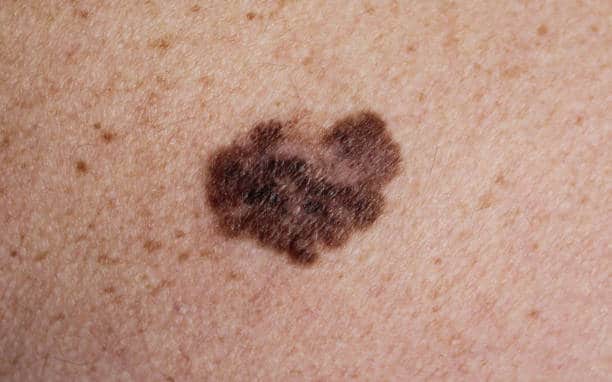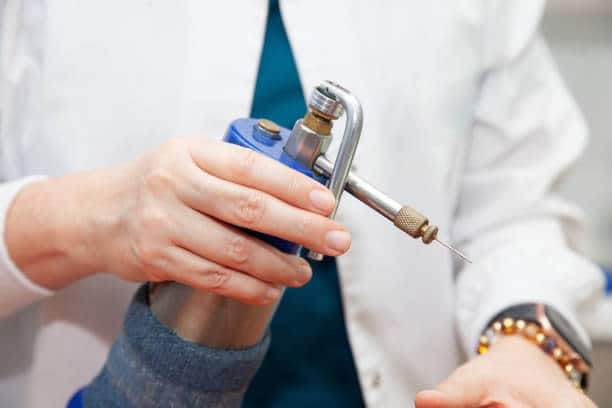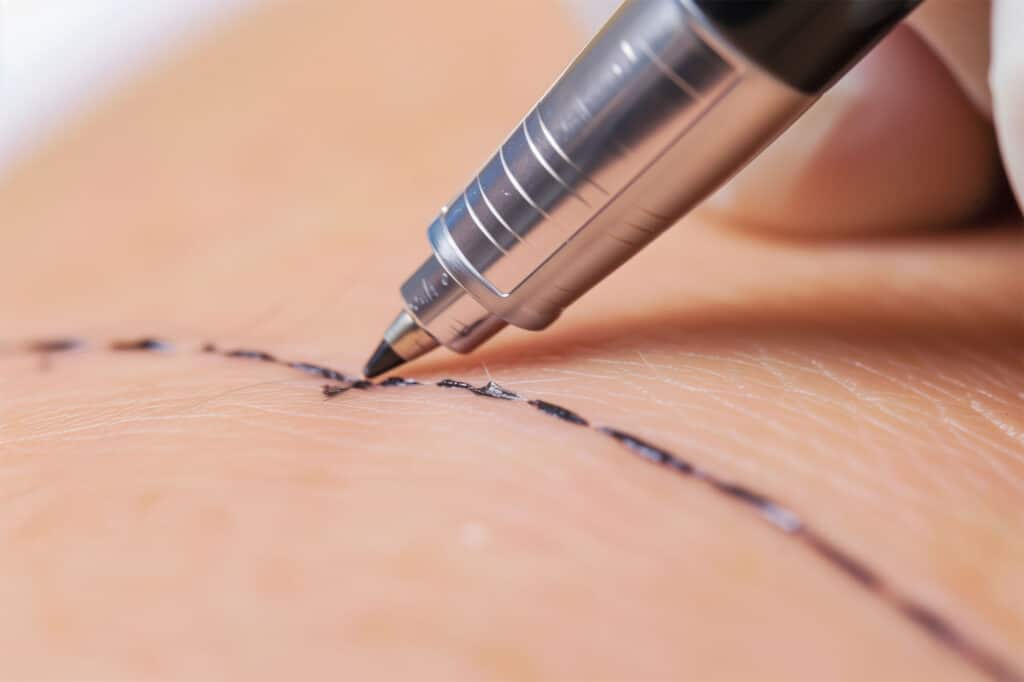We are committed to helping patients detect and treat skin cancer as early as possible. Skin cancer is one of the most common types of cancer worldwide—and early detection can save lives.
What Is Skin Cancer?
Skin cancer occurs when abnormal skin cells grow uncontrollably, often as a result of excessive sun exposure. The most common types include:
- Basal Cell Carcinoma (BCC)
- Squamous Cell Carcinoma (SCC)
- Melanoma – A less common but more serious form
A Few Facts About Skin Cancer
- More than 90% of skin cancers are caused by sun exposure
- Skin cancer accounts for more than 50% of all cancers combined
- It is the most commonly diagnosed cancer in both men and women
- Just one severe sunburn in childhood can double your lifetime risk of melanoma
Physician Consultation Available
With a referral from your primary care provider, our physicians can provide a skin examination using dermoscopy—a magnified skin assessment tool that helps detect suspicious lesions earlier and more accurately. Early detection improves treatment outcomes significantly.
How to Treat Skin Cancer
When prevention fails, early detection and treatment are key. If a suspicious lesion is found, a biopsy is often performed first to determine the type of skin cancer. Based on the diagnosis, a customized treatment plan will be developed to suit the type, location, and stage of cancer.
Skin Cancer Treatments to Suit Your Needs
Uses liquid nitrogen to freeze and destroy abnormal or cancerous cells. Commonly used for benign, premalignant, or superficial skin cancers.
Prescribed medicated creams can help treat certain superficial skin cancers by targeting abnormal cells with chemical agents.
Physician-performed surgical removal of cancerous lesions. Some cases may be referred to a plastic surgeon, depending on the location or complexity.
Curettage & Electrodesiccation
This procedure involves scraping away the lesion with a curette, followed by cauterization to destroy residual cells.
Systemic Therapies
In certain cases, patients may require chemotherapy or immunotherapy. These are typically initiated through referral to oncology teams.




